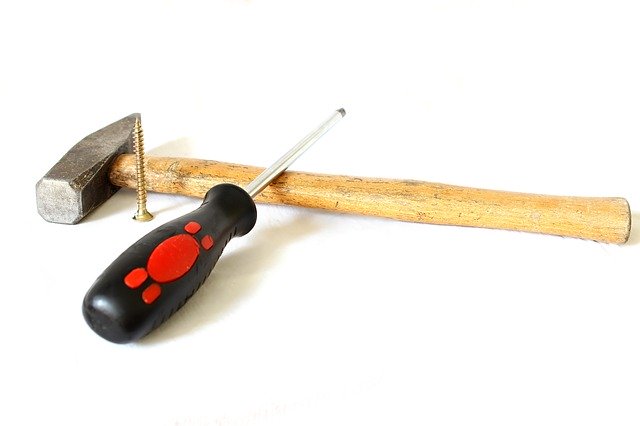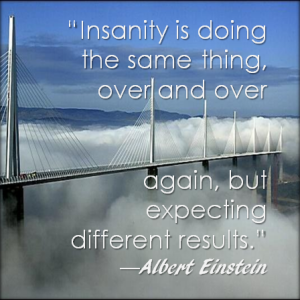There are three main reasons why therapy doesn't work - and why therapists fail their clients!
If you're anything like most of my clients, you'll have seen a whole range of therapists and had a whole lot of therapy.
Yet your pain or discomfort remains and you feel the fundamental issue isn't resolved. You may still be seeing someone at the moment for fear that things will get worse if you stop.
Yet your pain or discomfort remains and you feel the fundamental issue isn't resolved. You may still be seeing someone at the moment for fear that things will get worse if you stop.
Why therapy doesn't work!
A practitioner might have told you: 'There's nothing more I can do for you. You'll have to learn to live with it.' Yet never telling you what things you needed to learn so you can live with it. One way why therapy doesn't work.“A wise man should consider that health is the greatest of human blessings, and learn how by his own thought to derive benefit from his illnesses.” HippocratesAre you now thinking that it is impossible to get better, so you put up with pain and discomfort? Do you take medication, you'd rather not, because you're worried about the side effects?
Do you long to feel free, normal or yourself? But have no idea what else to do or where to turn? Why have you not got the results you really want?
If you have thoughts such as these, then I hope this blog helps you see some light at the end of your tunnel. I trust it will help you understand what might not be working and what you might do to remedy it.
If you have thoughts such as these, then I hope this blog helps you see some light at the end of your tunnel. I trust it will help you understand what might not be working and what you might do to remedy it.
Let me share with you why therapy doesn't work!
The wrong tool for the job

A hammer is a very useful tool. It will do a great job if you want to get a nail into a wall. But, it's not much good if you need to screw two pieces of wood together.
Firstly, the therapy you are having might be the wrong therapy for your particular problem. You might have heard that an osteopath or chiropractor sorted someone's back, so you go and see them. Although it helps a little at first, the improvement doesn't last. Not every back problem is the same and it might be, in your case, that the issue is with the muscles and not the bones. So it's the wrong type of therapy for a long-term solution to the problem.
The wrong approach - are you standard?
Secondly, most of what is on offer, in terms of therapy, is standardised. It's designed as a one size fits all. Yet we're all individuals. How can anything possibly work for everyone?
You're rarely given time to explain all the complexities of what is going on for you, simply the symptom you wish to deal with on the day. If you go to a Spa, you get a massage that is the same for everyone. What's more, it would be the same every time you go - no matter what your issue. It's not designed as treatment. It's for relaxation only. And relaxation is neither treatment nor therapy. So that won't resolve your issue.
Even chiropractic is standard. It focuses on the principle that, as long as the spine is in line, then everything else will work. Only a few therapists will go beyond the remit of one discipline. And even if they do practice more than one, it's up to the client to decide what they want. When in fact the therapist might be better placed to choose what is likely to get the best result for the client.
You're rarely given time to explain all the complexities of what is going on for you, simply the symptom you wish to deal with on the day. If you go to a Spa, you get a massage that is the same for everyone. What's more, it would be the same every time you go - no matter what your issue. It's not designed as treatment. It's for relaxation only. And relaxation is neither treatment nor therapy. So that won't resolve your issue.
Even chiropractic is standard. It focuses on the principle that, as long as the spine is in line, then everything else will work. Only a few therapists will go beyond the remit of one discipline. And even if they do practice more than one, it's up to the client to decide what they want. When in fact the therapist might be better placed to choose what is likely to get the best result for the client.
The wrong therapist - connection and honesty
So, on the note above, is it that you have the wrong therapist? You might know that this particular treatment is right for the condition you have. But yet, for some reason it's not working for you.
 Have you considered how you feel about the therapist?
Have you considered how you feel about the therapist?
Perhaps you simply don't gel or connect with them. If you've got the slightest hesitation and don't feel at ease or comfortable with them, then you'll struggle to relax or be as honest with them as is best. All this will inadvertently sabotage your healing process.
Do you feel the practitioner has your best interest at heart?  Have you considered how you feel about the therapist?
Have you considered how you feel about the therapist? Perhaps you simply don't gel or connect with them. If you've got the slightest hesitation and don't feel at ease or comfortable with them, then you'll struggle to relax or be as honest with them as is best. All this will inadvertently sabotage your healing process.
Are they interested in you getting better? Or are they keen for you to come back every month for the same problem so that they stay in business? Are they helping you understand your condition and what you can do to help yourself ?
It may not be their fault, this is the training many therapists get. As I mentioned earlier, they learn a technique and keep applying it. It pays their bills after all and they never look any further.
Always trust your instinct if it doesn't feel right (and you don't need to have a reason for it) or you're not getting the result you want, find someone who can help you.
Rather than continue on Einstein's much-quoted path to insanity (at the top of the page), here are some tips to help you find the right therapy and the right therapist.
If none of this applies to you, then of course there is the question of self- sabotage. In that case, you might want to read about what back pain taught me. Or maybe you're not ready for the change? But that's a story for another blog.
All rights reserved Julie Nicholls 2020


No comments:
Post a Comment